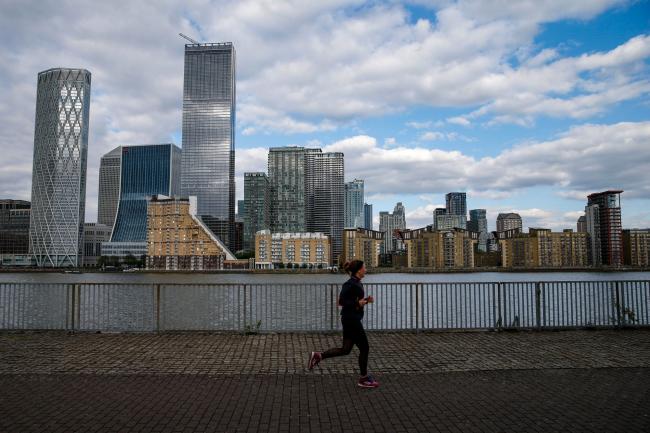This post was originally published on this site
https://d1-invdn-com.akamaized.net/content/pica8240e8c969cdd4b5df0c9c5b2498cac.jpg
Children from better-off families are spending 30% more time on educational activities per day than those in the poorest households, a survey from the Institute for Fiscal Studies showed. They’re also much more likely to receive online classes or private tutoring. Schools have been closed for most students since March 23 as part of a nationwide lockdown.
Among adults, anxiety is running high that restrictions to rein in the spread of the coronavirus will jeopardize their livelihood. With the country in a deep recession, one out of five workers fear losing employment in the next six months, and 77% believe this crisis will be worse than the slump in 2008, according to a poll from the Centre for Labour and Social Studies (CLASS), a London-based research group.
Those earning low incomes tend to be more vulnerable to reductions in hours, pay cuts or permanent layoffs.
While the government has put in place unprecedented help for furloughed workers, paying 80% of their wages, there’s concerns that jobs will be lost once the program is tapered as changes to the economy become permanent. Tourism and hospitality have been shuttered as a result of the lockdown, with slim chances of a quick rebound.
“The coronavirus has put society in an X-ray machine to reveal its structural weaknesses and it is magnifying existing inequalities,” said Faiza Shaheen, CLASS director. “Protecting workers now requires us looking past emergency measures to a recovery plan.”
Noting that wages for workers in education and social care fell between 2011 and 2019, Shaheen called on the government to raise pay in sectors hit hard by the virus.
Increasing opportunities for young people will also be crucial. Those starting their professional lives in the midst of an economic downturn can suffer negative effects for almost a decade.
Over a quarter of 16 to 25 year-olds say their career prospects have already been damaged, and around half say it will be harder than ever to get a job, according to the Prince’s Trust, a charity that helps young people into jobs, education and training.
©2020 Bloomberg L.P.

